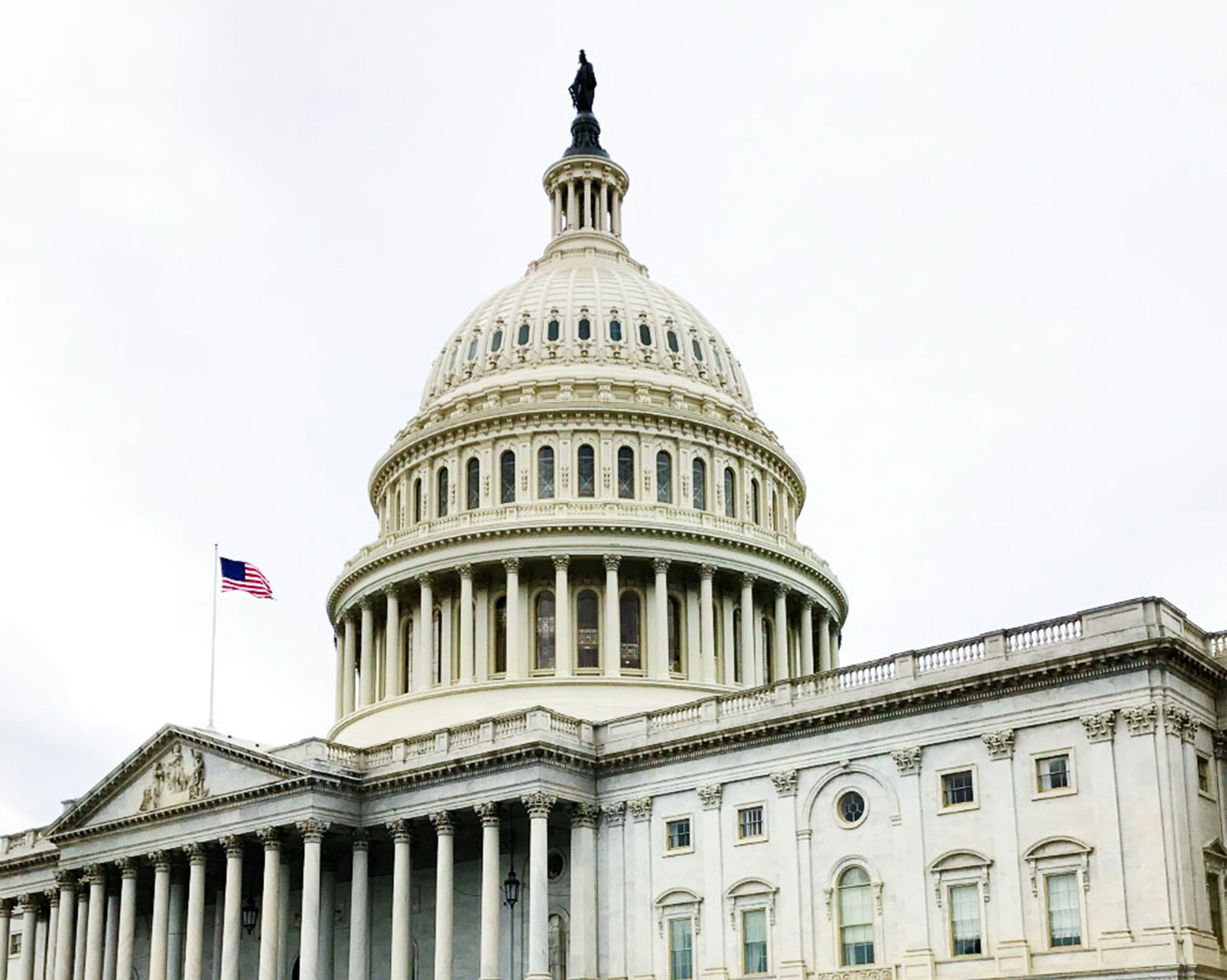
EEOC Announces Opening of 2024 EEO-1 Data Collection and Provides Insight Regarding 2025 Enforcement Objectives
- Breaking News
Earlier this week, the Equal Employment Opportunity Commission (EEOC) announced the opening date for 2024 EEO-1 Component 1 data collection. In a message to EEO-1 filers, EEOC Acting Chair Andrea Lucas reaffirmed the agency’s commitment to protecting the civil rights of all Americans, advancing individual equal opportunity for all, and relentlessly combatting private sector and public sector discrimination. She also offered additional insight into enforcement objectives under the Trump administration.
According to Acting Chair Lucas (and seemingly disregarding that Executive Order 11246 has been rescinded), EEOC regulations require covered entities to annually report on the sex and race or ethnicity of their employees via the EEO-1 Component 1 data collection process. In general according to the EEOC, private employers with 100 or more employees and federal contractors with 50 or more employees and that meet certain criteria, are required to annually report the number of individuals they employ by job category and by sex and race or ethnicity. This information is collected electronically by the EEOC through a web-based data collection application referred to as the EEO-1 Component 1 Online Filing System (OFS).
Acting Chair Lucas took the opportunity to remind employers of Title VII’s obligation that employers “not to take any employment action based on, or motivated in whole or in part by, an employee’s race, sex, or other protected characteristics.” As such, Employers are prohibited from using information about employees’ race/ethnicity or sex—including the demographic data collected and reported in EEO-1 Component 1 reports—to facilitate unlawful employment discrimination. She further reiterated that Title VII’s protections apply equally to all (majority, minority or otherwise) workers, regardless of their race or sex noting that there is no “diversity” exception to Title VII’s requirements and that the EEOC is committed to “expanding individual, merit-based opportunity for all; and ensuring even-handed civil rights enforcement.”
She thereafter referenced President Trump’s recently issued executive order, “Restoring Equality of Opportunity and Meritocracy”, that directed all agencies, including the EEOC, to deprioritize “disparate impact” enforcement—that is, investigations and lawsuits that challenge neutral practices that have unequal outcomes based on race, sex, or other protected characteristics—and also revoked prior Presidential approvals of certain disparate-impact regulations. Importantly, she indicated that, under her leadership, the EEOC will prioritize remedying intentional discrimination claims.
The deadline to file the 2024 EEO-1 Component 1 report is Tuesday, June 24, 2025. As part of the EEOC’s efforts to identify continued cost savings for the American public, there will be a shorter collection period during which filers may submit their 2024 reports. The collection period will not extend beyond the Tuesday, June 24, 2025 “Published Due Date” deadline. All updates about the 2024 EEO-1 Component 1 data collection, including the 2024 EEO-1 Component 1 Instruction Booklet, may be found on the EEO-1 Component 1 dedicated website at www.eeocdata.org/eeo1.
If you have any questions or would like additional information, please contact Mike Thompson at 205-323-9278 or mthompson@lehrmiddlebrooks.com.





